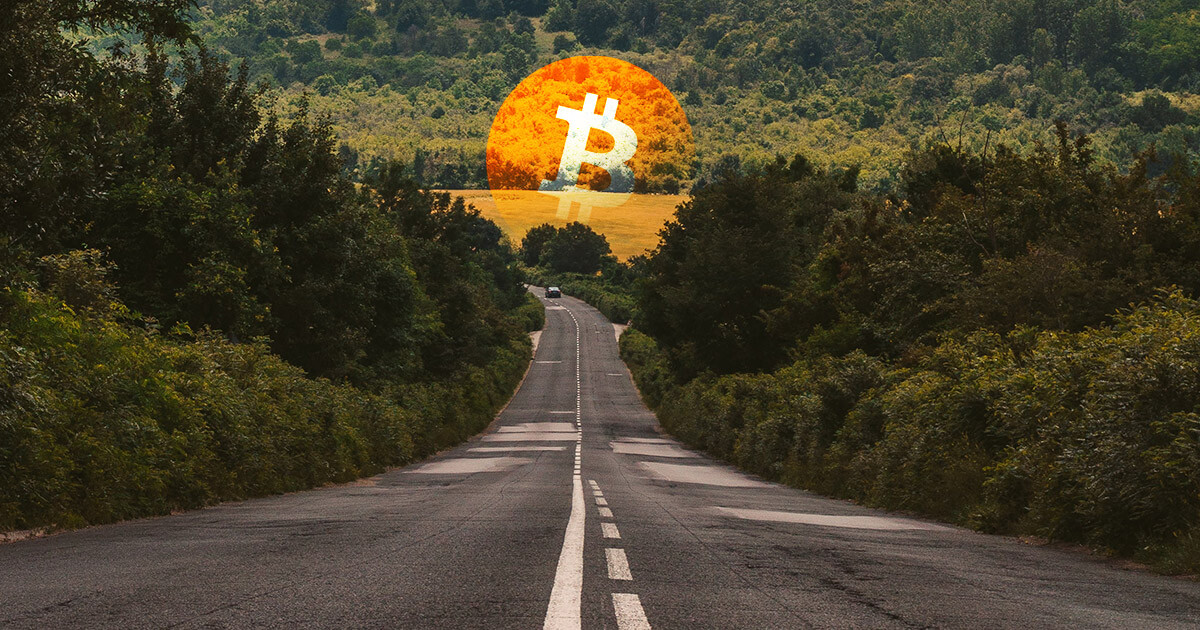People interested in Bitcoin represent less than 1 percent of the world’s population, and are most likely to be males under 34 years old holding university degrees, data from Facebook Audience Insights suggests.
Only 20-25 million of Facebook’s roughly 2.5 billion users qualify as being interested in “Bitcoin,” approximately 0.3 percent of the global population. Assuming this figure is representative of the remaining members of the world that, despite having access to the internet, do not have Facebook accounts, it is unlikely than more than 0.5 percent of people identify as having an interest in BTC globally.
Young, single men most likely to be keen on Bitcoin
Men—young men in particular—appear to be far more interested in Bitcoin than women, representing 76 percent of the group. As can be seen below, male and female BTC enthusiasts are most likely to be between 25 and 34 years of age, and highly unlikely to be over 55.
Intriguingly, people with an interest in Bitcoin are 23 percent more likely to be single, and 36 percent more likely to hold a postgraduate degree than the rest of the population, based on self-reported data. 71 percent claim to have an undergraduate degree, making them 6 percent more educated than the global average.
Individuals working in information technology (IT), computation, mathematics, and technical services seem particularly partial to the number-one crypto by market capitalization—more likely to have an interest than those working in business and finance.
U.S. war veterans and people working in the military have the least interest in BTC. Iraq veteran Anthony “Pomp” Pompliano, perhaps Bitcoin’s most omnipotent cheerleader, would evidently be the exception.
Which countries are bullish on Bitcoin?
Nigerian Facebook users are the most likely to be interested in Bitcoin, supporting further evidence that Nigeria is most keen on the cryptocurrency (the African nation has for years held the record for the most Google searches for “Bitcoin”). As reported previously by CryptoSlate, Nigeria is one of the world’s hottest Bitcoin markets in terms of volume relative to population size and GDP per capita, seemingly on account of its preference for BTC as a means of low-cost remittance.

Mongolia would raise eyebrows coming in place as the second-keenest nation on Bitcoin—the country’s low rate of internet penetration makes it an unlikely candidate, with no buyers or sellers listed on LocalBitcoins Mongolia.
In recent years the remote nation has begun to draw interest as a mining hub, however, favored for its low electricity costs and cold climate, and it would appear its budding Bitcoin industry has had a contagious effect on the local population.
Venezuela, the world’s most Bitcoinified economy by capita based on LocalBitcoins volumes, expectedly ranks as a top-three nation, with Venezuelans being 200 percent more likely to demonstrate an interest in BTC.
The analysis of Facebook Audience Insights has its limitations, particularly around the accuracy of self-reported data, and yet the findings would indicate the global Bitcoin community is insignificant in size and limited to a very specific demographic—young, technically inclined males. Increased adoption of BTC as a payment rail, store of value, and institutional asset class will surely see a larger, more balanced representation in interest, however.
















